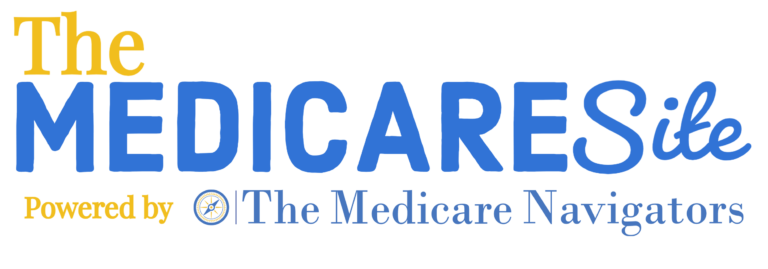How do you transition to Medicare from Employer-based health insurance?
These days there are a lot of people working past 65, the age when you become eligible for Medicare benefits. As a result, many of them are postponing their Medicare enrollment under the qualifying condition of having “creditable coverage.” This allows them to skip enrolling in Medicare Part B while they continue to have creditable coverage from current employment. If the coverage is creditable, they can do so without penalty, until they lose their employer coverage. If you postponed Medicare Part B enrollment and are now losing your creditable employer coverage due to retirement or job loss, consider a few things. We put together a breakdown of how to transition to Medicare.
Enrolling in Medicare
Your first order of business is to enroll in Medicare. This normally needs to be done during your Initial Enrollment Period when you turn 65. If you or your spouse continued working past 65 and maintained creditable coverage, then you’re allowed a Special Election Period. The Special Election Period will allow you to enroll in Medicare Part B, Medicare Advantage Plans and Medicare Supplements. Let’s cover how to navigate the different parts of Medicare:
Medicare Part A (Hospital):
If you have worked and paid Medicare tax for at least 10 years, then you are eligible for premium-free Medicare Part A Hospital coverage. Part A coverage begins automatically, without the need to enroll if you are eligible under these circumstances. This is not the case for Medicare Part B.
Medicare Part B (Doctor/Outpatient):
When we talk about enrolling in Medicare, we generally refer to enrolling in Medicare Part B for general doctor/outpatient coverage. Unlike Medicare Part A, Medicare Part B has a premium and you are not automatically enrolled. You must actively choose to enroll in Medicare Part B and can do so via online at www.socialsecurity.gov. For assistance, you can also enroll over the phone via social security, or in person at a social security office. If you delay Medicare Part B, you’ll incur a penalty for every year you aren’t enrolled without other creditable coverage. Without both Parts A and B, you won’t have the option to choose a Medicare Supplement or Medicare Advantage plan.
Want more help navigating Medicare?
don’t do it alone! We are here to make it easier!

How long do you have to enroll in Medicare?
Once you lose your employer-based plan, you have a special enrollment period for 8 months to enroll in Part B. Keep in mind that Medicare does not classify COBRA coverage as “creditable coverage.” You need to enroll in Part B within 8 months of the date that you or your spouse cease to have coverage from current employment to avoid a penalty. Once you have Part A and B, you will have Original Medicare. If you want to add a Medicare Advantage Plan or a Medicare Supplement Policy to fill the gaps in Original Medicare, then read below to see your Special Election Period for those plans.
If you delayed Part B because you continued working, make sure you Complete Medicare Form CMS-L564: Proof of Employer Coverage. Otherwise, you may get a late enrollment penalty.
If you need help deciding which Medicare Enrollment form to use, visit our blog Top Medicare Enrollment Forms Explained: What to Use & When.
Your Special Election Period for Medicare Advantage/ Medicare Supplements
If you are looking to add a Medicare Advantage Plan (MA/MAPD) or a Medicare Supplement Plan to fill the gaps of Original Medicare, then you have a few separate Special Enrollment periods as outlined below.
- If you already have Part B before losing creditable coverage, or you enroll in it as soon as you lose your coverage then you have 63 days after the loss of employer coverage to enroll into a Medicare Advantage plan.
- If you don’t take Part B right away but add it within the 8 month Part B window then you would need to pick your Medicare Advantage Plan the month before your Part B becomes effective.
- If you want to buy a Medicare Supplement plan, you will have a guaranteed issue period to buy one with no health questions asked, for 6 months after you first get Medicare Part B
Consider These When Choosing Medicare Coverage
When to speak with a Licensed Agent?
Medicare is confusing! There is no denying this. If you are confused about when and how you can enroll to avoid penalties, ensure continuous coverage, or want to learn the difference between Original Medicare Part A and Part B, Medicare Advantage Part C, Part D Prescription Drugs, and Medicare Supplement Policies then a Licensed Agent can help. The best time to speak with one is before you lose your creditable coverage if you have advanced notice, or as soon as you find out you are or have lost coverage.
Our agents are Licensed, Trained and Certified to help you navigate Medicare and enroll in most major plans. You can contact us here to speak with a friendly, licensed agent.
Are looking to go back to an employer plan and leave Medicare? Learn how to Disenroll from Part B to Join a Group Health Plan.






